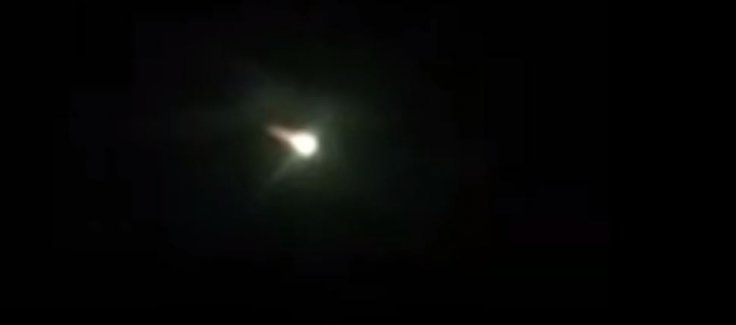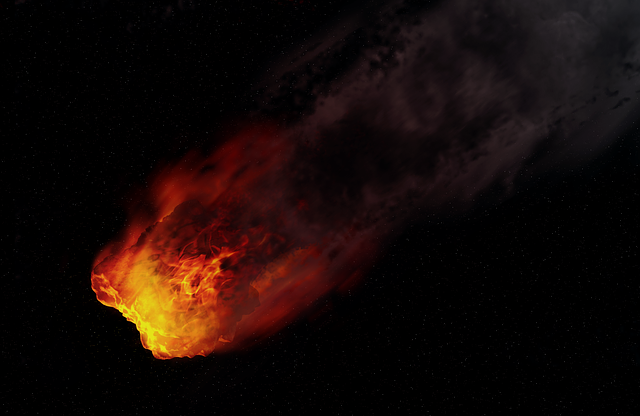
A representative from NASA confirmed that the fireball event that recently occurred in the US was caused by a meteor that came from the asteroid belt. Despite turning into bright fireballs, the NASA representative assured that meteors are not dangerous.
Earlier this week, residents of St. Louis, Missouri, witnessed a bright fireball streaking across the night sky. Aside from eyewitnesses, the event was also spotted by various security cameras within the area. In the videos, a bright fireball can be seen in the sky before disappearing and causing a loud sonic boom.
After analyzing the videos and going through eyewitness reports, experts concluded that the bright object was caused by a meteor that entered Earth's atmosphere. Satellite data revealed that it was as big as a basketball and flew at a speed of almost 54,000 kilometres per hour.
According to Bill Cooke of NASA's Meteoroid Environments Office in Alabama, the meteor came from the asteroid belt in between the orbits of Mars and Jupiter. As it went through the atmosphere, it burned up, turning into a bright fireball. NASA noted that the object outshined Venus in the sky.

Shortly after entering Earth's atmosphere, the asteroid broke apart. Cooke said that some of these pieces may have reached the ground. Despite coming from a meteor, Cooke noted that these small fragments are not dangerous.
"It's not like the movies," Cooke said according to the St. Louis Post-Dispatch. "Meteorites are not flaming rocks of doom. By the time a meteorite hits the ground, it's completely cold. This isn't Superman, and meteorites are not kryptonite."
Erika Gibb of the University of Missouri-St Louis' Department of Physics and Astronomy explained that it is very common for Earth to get hit by meteors. But, since most of them are too small to turn into fireballs, they rarely get spotted from the ground.
"If you go out on any given clear night you can see several meteors in an hour," Gibb explained. "There are all kinds of debris in our solar system and we're getting hit by small stuff on a regular basis. Most just aren't very big and bright like the one last night."









